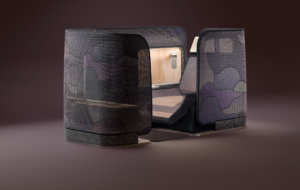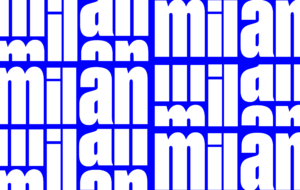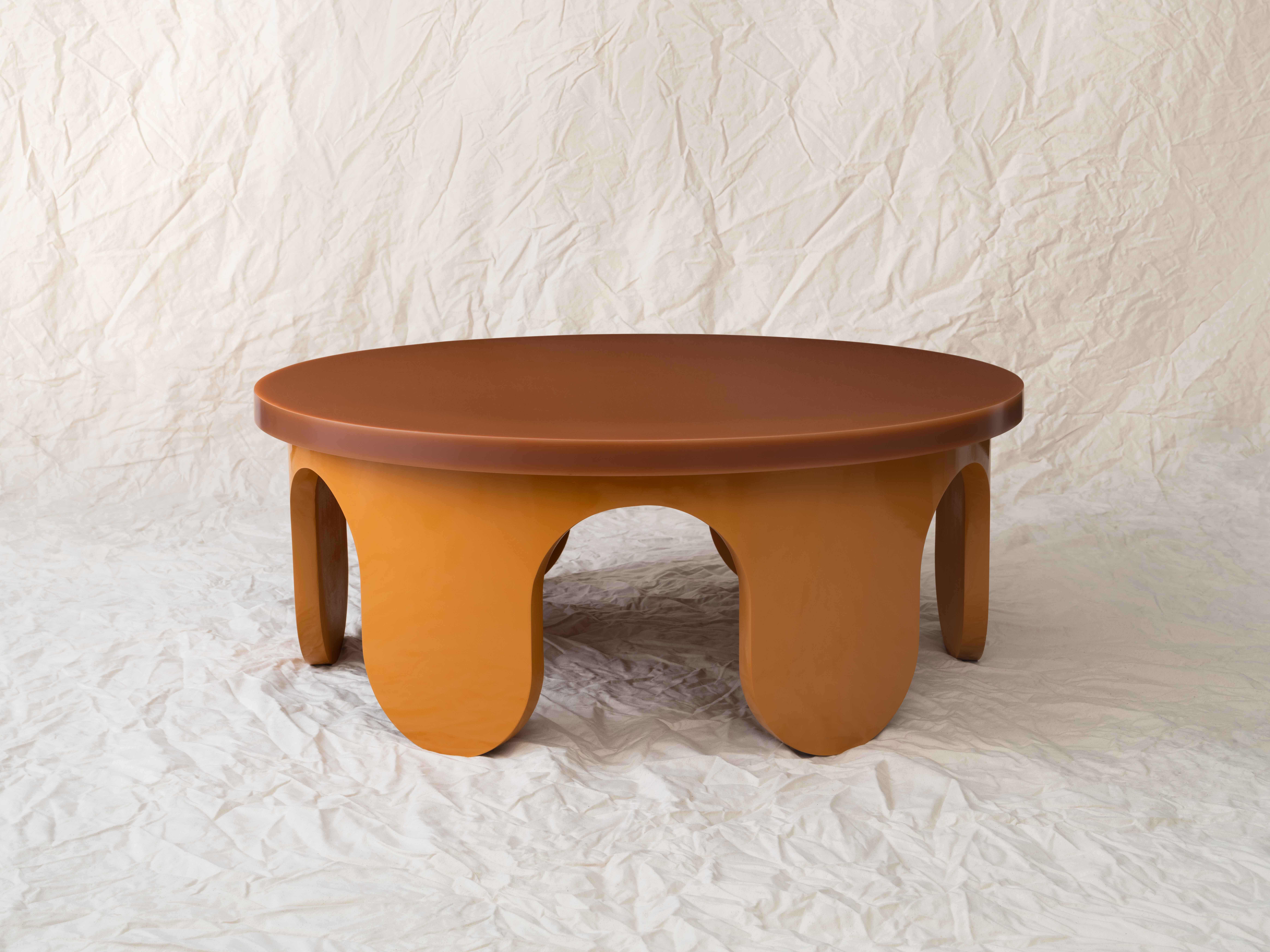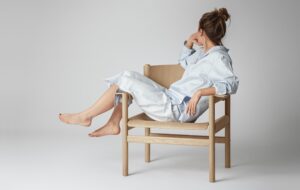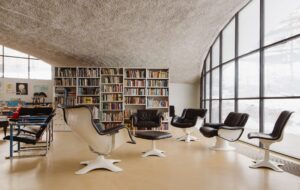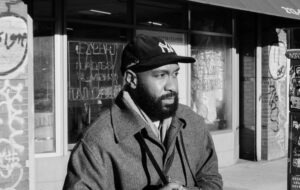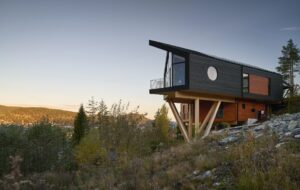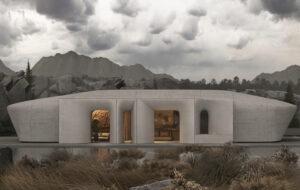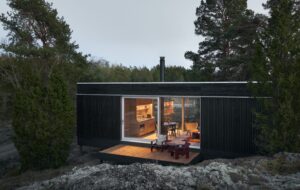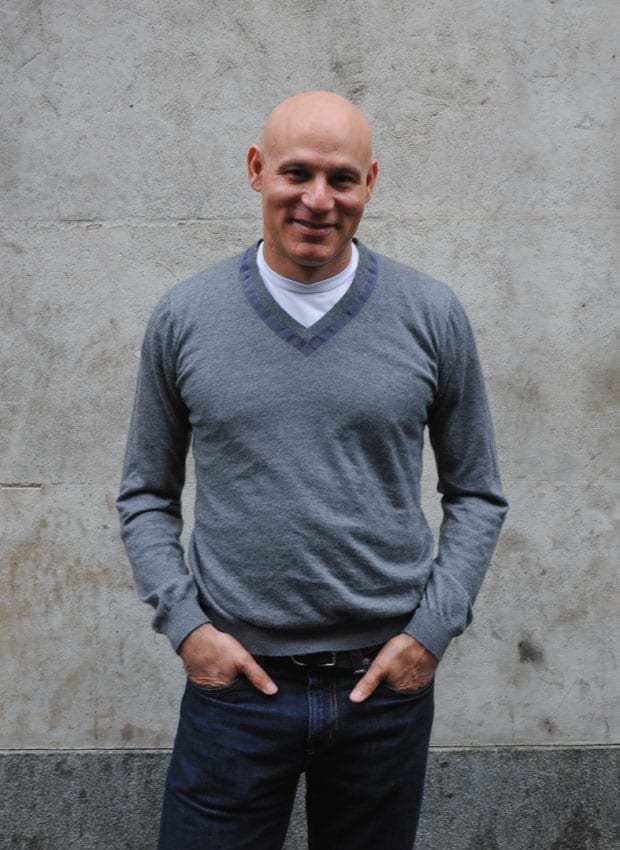
words Johanna Agerman
The founder of Miami’s Design District and co-founder of Design Miami talks about the impact of the economic downturn and how to turn Dubai into a design destination.
Do you think that sales during Design Miami in December will be affected by the economic downturn?
In general I think that the art and design markets are going to be affected, but with design, it’s such a growing industry that it’ll still have some vitality. This will be an incredible time to get great material. There will be much better material available.
How do you mean?
More people are going to want to sell, are going to need to sell, really good material.
Your company, Dacra, has completely regenerated the area of Miami that is known the design district. What’s your next move?
I’m putting a lot of energy into re-inventing or advancing the design district as a place. For me, the next big step is to bring international fashion there. The really interesting international brands don’t exist in Miami and so I’ve been trying to create a street that will have only fashion. At the same time, we’re looking at many different places around the world where we could take these ideas and concepts, in new and different ways.
Where else are you looking to develop design districts?
We now have offices in Beijing and Shanghai. My initial approach to China is to learn, more than to come in and act like I know it all. I’m also looking at the Middle East.
The business side of design and the profits that can be made from something like a design district are rarely discussed. Do you think it’s a growing market?
I’m amazed at how many people do similar things around the world. More than anything, I try to build a community and I use architecture and design as creative disciplines for the purpose of furthering that sense of community, of an area that brings people together for different purposes. I like to get in working on something and let it evolve over time. So it’s a very different approach to the one that most developers take. I don’t go into something and say “How am I going to make the most profit?”, I say “How can I make this place more valuable over time?”.
Will people start to take onboard the fact that quick fixes aren’t necessarily the best in the long term?
When everything is going up, people will buy anything, they’re not really discerning. When things start to go down, then people look a little more carefully, and the real solid things are the ones that catch on. Similarly, anywhere in the world, if we work on quality, and we’re not focused on quantity and quick profits, but on building a sense of place, that’s where you have the best chance of succeeding economically in the long term.
You said that you are interested in the Middle East, but surely Dubai is the opposite – a place where quantity is rated over quality.
Well that’s why a place like Dubai could present a really interesting opportunity, because no one is going in there and saying “I want to make a really special community”. It would be nice for Dubai to have a place that’s real, you know, that is fun to go and hang out in, or live, or walk, or shop. And I think that possibility exists.
Do you think that Dubai is the place with the most potential in the Middle East for Dacra?
I’m not enough of an expert yet. Dubai seems the most open to people, it’s like Disneyworld, or Las Vegas. There’s a real potential to infuse it with culture – that’s what we did with Miami.

